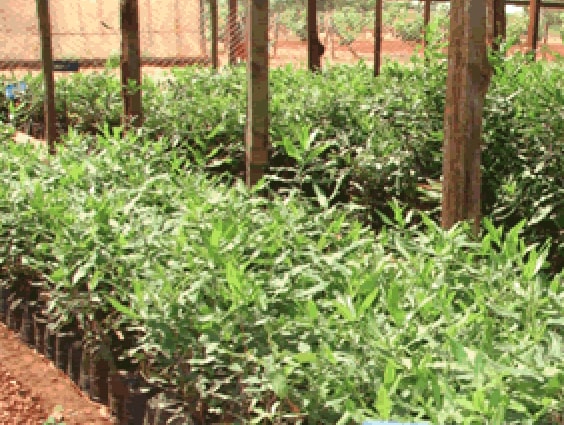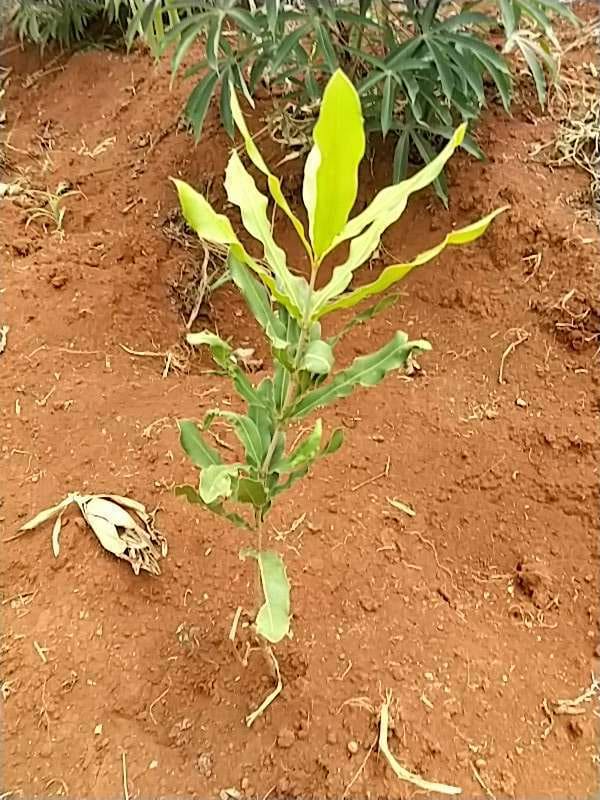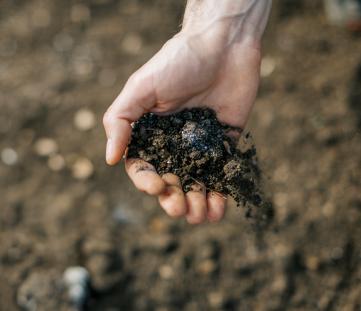ID: EWR-NG7
ID: EWR-NG7
Macadamia
Macadamia integrifolia
Photo
Kenya
19:13 - 21°C
My connections
My ID card
Who am I?
Date of birth
11/21/2016
Name
Macadamia
Tree
Macadamia
Where am I located?
Country
Kenya
Place of birth
Ting'ang'a ward
Coordinates
1° 8′ 17.29″ S
36° 49′ 26.97″ E
/36.8241593,-1.13813481,0/500x333@2x?access_token=pk.eyJ1IjoidG9tbWFzb3NwZXJvbmkiLCJhIjoiY2tnOTE3eW12MDJqazMybXNzOWV1YjloOSJ9.wtGsuDU7XIKjcv2cq8CiXw&logo=false&attribution=false)
My Timeline
The important moments in your tree's life.
Seed
It all starts with a tiny seed, nice and warm in the soil.
Nursery
Your seedling is big enough to be welcomed into one of our nurseries, along with many others.
Planted
We’re here! Your tree has reached its new home: it’s been planted by a smallholder, who’ll take care of it for years to come.
Photo
Strike a pose! Now that it’s big enough, here’s a photo of your tree!
My Gallery
Nursery

Planted
/36.8241593,-1.13813481,0/500x333@2x?access_token=pk.eyJ1IjoidG9tbWFzb3NwZXJvbmkiLCJhIjoiY2tnOTE3eW12MDJqazMybXNzOWV1YjloOSJ9.wtGsuDU7XIKjcv2cq8CiXw&logo=false&attribution=false)
36° 49′ 26.97″ E
Photo

Curiosity about me
The important moments in your tree's life.
Let's start with introductions
The macadamia is an evergreen member of the Proteaceae family. It can grow up to 40 meters tall, has elliptical leaves, and grows white-pink flowers in bunches. Originally from Australia, the macadamia tree is planted for its oil-producing seeds and the macadamia nut that’s famous for being full of nutrients and minerals.
Meaning
Vitality
Its sweet elixir fosters longevity and beneficial effects.

How much CO2 I’ll absorb
My estimated CO2 absorption capacity is based on the first 10 years of my life*
Current absorption
- 160 kg
2016
0 kg
2026
-200 kg
* The tree will continue to absorb CO2 even after the tenth year. Therefore this is a prudent estimate.
How I am useful to local communities

Consumption and sales
Its fruits, seeds and/or leaves are used as food in the farmers' families or are sold on local markets.

Soil
It improves the quality of the soil thanks to the nitrogen fixation process or it reduces soil erosion, thanks to its extended root system.
My benefits
30%
Food Security
The trees will bear fruits, some that will be edible immediately and others that can become edible through processing, ensuring food resources over time.
90%
Economic development
The trees' fruits and the products derived from their transformation can be traded in local networks, offering income opportunities.
50%
CO₂ Absorption
During its life cycle, each tree will offset CO₂. The trees that you plant can offset your emissions.
40%
Environmental protection
The trees are planted in agroforestry systems that favor the virtuous interaction between the different species and their positive impact on the environment and on the land.